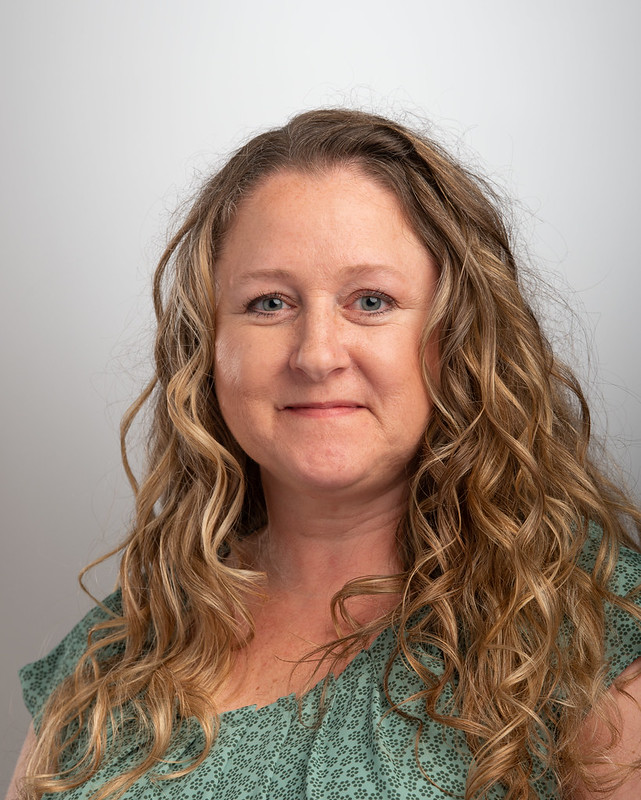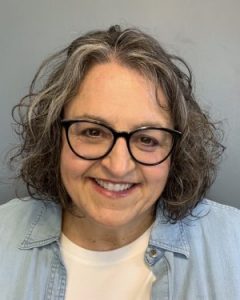Contact Us

Frequently Asked Questions | FAQs
*****
Do not delete
May I work during the program?
While full time employment will hinder success in the Accelerated option due to the rapid pace of coursework and the flexibility needed for clinical rotations that require full-time commitment, we strongly encourage students to work a “per diem, occasional, or extremely part time schedule at a hospital prior to and throughout this 12 month program.” Clinical placements today depend upon hospital employment in most areas we have clinical education agreements, and this will strengthen your application. Students are also advised to limit other non-academic involvements throughout the year. Most importantly, work or other commitments cannot interfere with any clinical or theory course requirements.
What is the most difficult aspect of the program?
The Accelerated BSN Option is rigorous. Students can expect to spend 8-10 hours each day reading and studying. The reading is intensive—typically 100 pages or more per day. During the eight months when students are completing both online coursework and clinical rotations, students may experience 60- to 70-hour work weeks.
How many students are admitted into the program?
Each cohort—February, May and October—admits 30 students.
How difficult is it to be admitted into the Accelerated BSN Option?
- Prerequisite course GPA
- CNA experience
- Geographic area (clinical site availability)
- Review of written statements and phone interviews of eligible applicants
Will my credits transfer to the Accelerated BSN Option?
If you completed courses at any UW System school or Wisconsin Technical College school, visit the Wisconsin Transfer Information System and compare your courses to the UW Oshkosh courses. Credits from technical schools may also transfer.
What if I took credits at an out-of-state school or a private university?
If you completed courses at a private university in Wisconsin, or within the University of Minnesota system, visit the Oshkosh Transfer Information site. If you completed courses at a different out-of-state institution, you may compare your course to the course requirements at UW Oshkosh by comparing course catalog descriptions from each institution*.
* This is for exploratory purposes only and is in no way a guarantee that credits will be accepted as a prerequisite by the College of Nursing.
What if I have a question about the transferability of a course completed outside the UW System?
Submit the course title, course number and the name of the college/university to transfer@uwosh.edu and ask how the course will transfer to UW Oshkosh.
What if I’m still not sure my credits will transfer even after I checked the Transfer Information System and compared course descriptions?
You must apply to the University of Wisconsin Oshkosh to receive an official credit evaluation.
Do my prerequisites need to be taken within a certain number of years of the program start date?
No. Credits never expire.
How many prerequisites do I need to complete before I am eligible to apply to the Accelerated BSN Option?
At the time of application, at least four of the science prerequisites must be completed. Proof of registration in all remaining prerequisites must be included in the application. All other prerequisite coursework must be completed.
Are there additional costs for the program?
Nursing is a professional discipline and admitted students must anticipate additional costs beyond tuition including, but not limited to: uniforms, textbooks, nursing resource software, standardized tests, criminal background checks (and associated costs if court documents are needed), CPR certification, health requirements, including exams, immunizations, and titers, transportation associated with clinical experience, transportation, lodging and meals during campus residencies. In addition to the costs indicated above, students are expected to have a stethoscope, nametag (received at orientation weekend), penlight, and pocket scissors. Some agencies require specific fees to attend clinicals at their site; if this type of fee applies, it is the student’s responsibility to cover this extra cost.
Can I focus my clinical rotations to a particular area of interest?
No. The focus of a baccalaureate nursing program is to educate nurse generalists by offering a broad base of nursing theory and a range of clinical experiences.
College of Nursing
Clow Social Science Center
Room C210
800 Algoma Blvd.
Oshkosh, WI 54901

